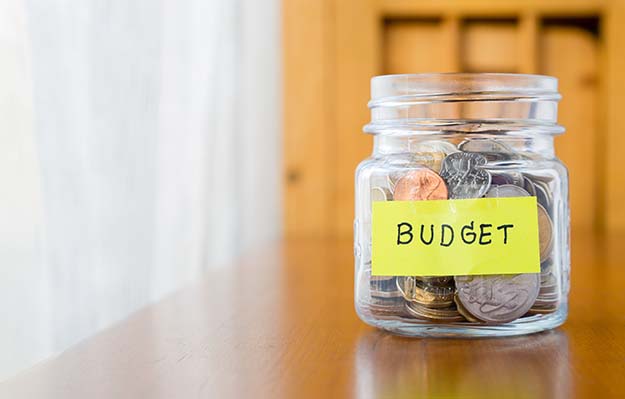News
How to Manage Your Prepping Budget

Preparing for disasters of any kind can be expensive, especially on a budget. Getting food, fuel, medication, and other needs stockpiled in a safe, durable location requires a major investment. Philosophically, we know it’s worth it, but in practice, we still have to make the dollars and cents work out in a sustainable way.
The best way to save money is not to waste it. The very real urgency of threats can cause us to rush through the planning and execution of our preparation. But the things you do to prepare are the most important things you’ll ever do to provide for your family, because the whole goal is to be ready in case the world’s economic and transportation systems fail. You must be able to survive independently.
So how do we invest wisely? We must do things correctly and not get in a hurry. Think about the provision of power. If you have solar panels, is all the electrical work properly connected? Do you have spares for expendable things like fuses and light bulbs? Study your backup generators and other power sources. Make sure you have the knowledge, tools, and supplies to make repairs yourself.
What about construction projects? Do you have good drainage, proper footings, and well-built projects? Can you get by without outside contractors? Think of the full spectrum of disasters that may come, and consider how you rely on others to respond. If you have 24 inches of snow, you’ll need to be able to clear it yourself. If heavy rains bring mudslides or flooding, you’ll have to be self-sufficient. Investing in aBobcat skid steer at Fastline will position you to handle these critical needs without waiting on someone else, and in the meantime, you can put it to work in your everyday activities.
So apart from the actual construction of storm shelters, bunkers, and so forth, how do you keep yourself financially afloat until disaster strikes if you’re on a budget? After all, it’s one thing to max out the credit cards and mortgage the farm if you know the financial system will collapse in six weeks. It’s another thing entirely to know that it will happen but not know when. It does you no good to have your house ready for an economic collapse if you are foreclosed on before it happens.
Keeping expenses in check without shorting yourself and your family largely centers on controlling the costs of expendables in your preparation activities.
Want more tips? Check out these great articles on our site:
Follow us on Facebook, Instagram, Twitter, Tumblr, and Pinterest!
***Disclaimer: The contents of this article are for informational purposes only. Please read our full disclaimer.***
Editor’s Note: This post was originally published on December 4, 2013, and has been updated for quality and relevancy.
-

 Do It Yourself7 months ago
Do It Yourself7 months agoParacord Projects | 36 Cool Paracord Ideas For Your Paracord Survival Projects
-

 Do It Yourself9 months ago
Do It Yourself9 months agoHow To Make Paracord Survival Bracelets | DIY Survival Prepping
-

 Do It Yourself9 months ago
Do It Yourself9 months ago21 Home Remedies For Toothache Pain Relief
-

 Do It Yourself10 months ago
Do It Yourself10 months agoSurvival DIY: How To Melt Aluminum Cans For Casting
-

 Exports8 months ago
Exports8 months agoAre Switchblades Legal? Knife Laws By State

